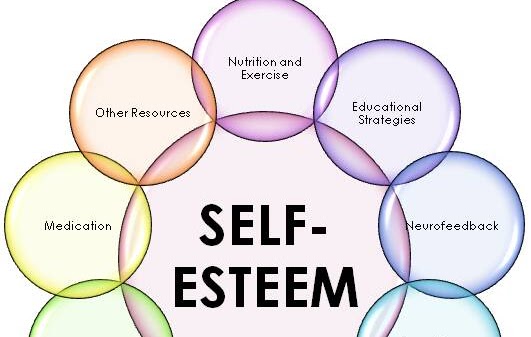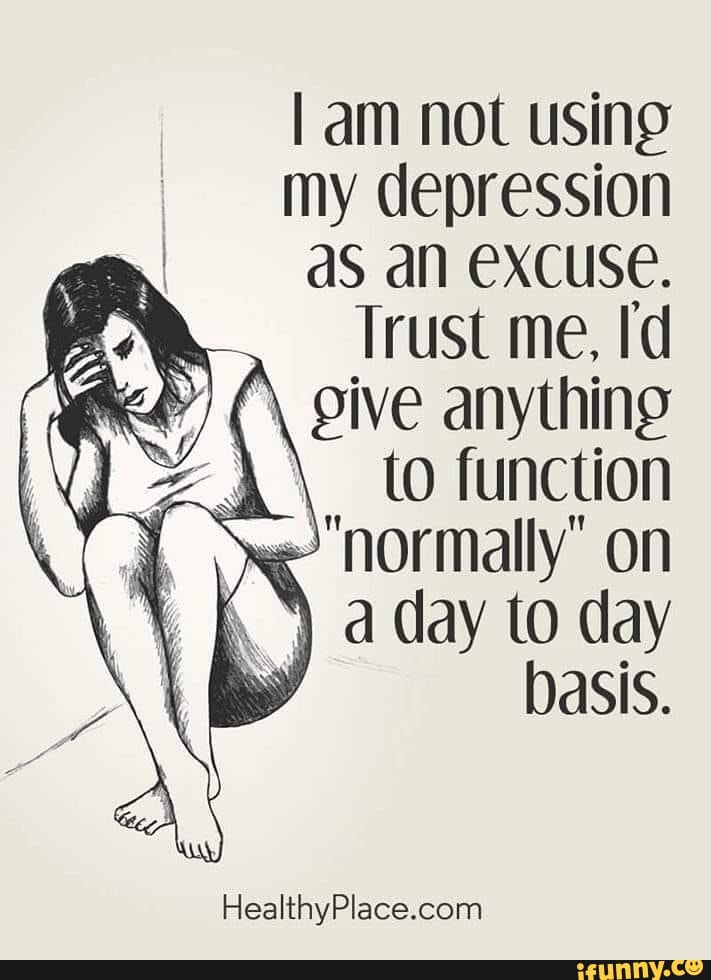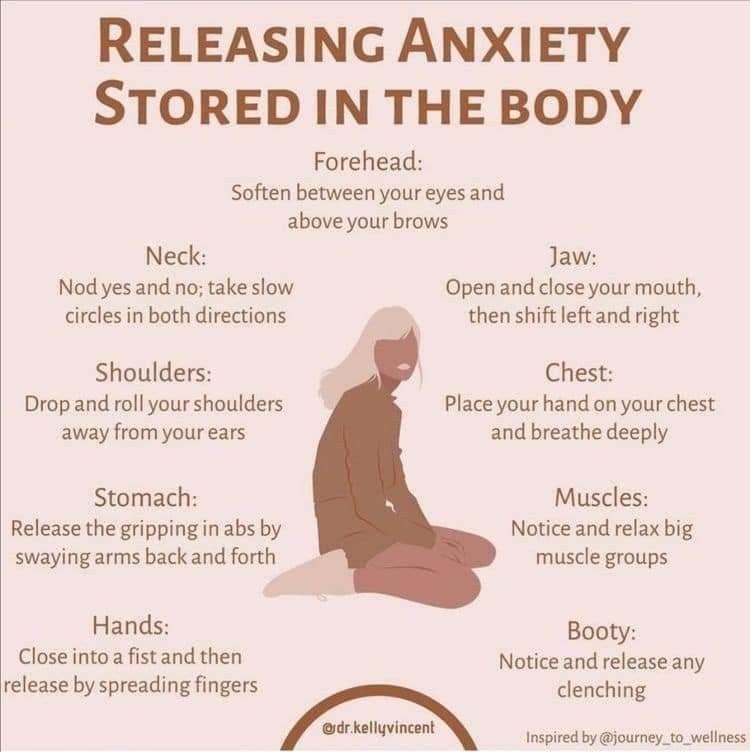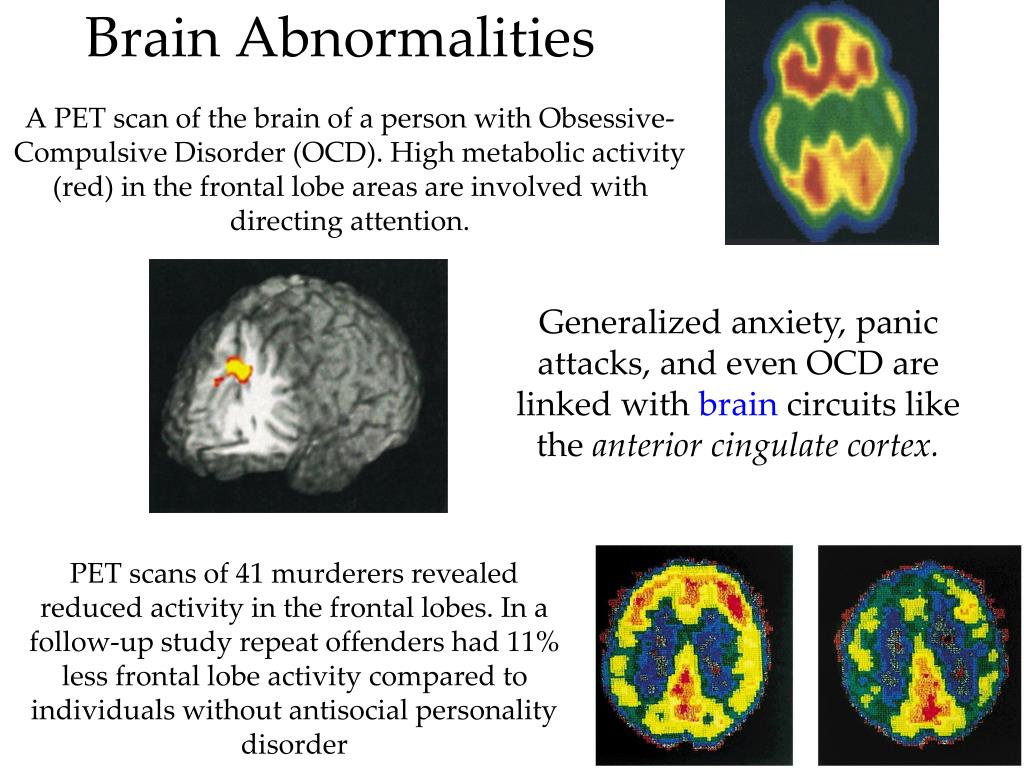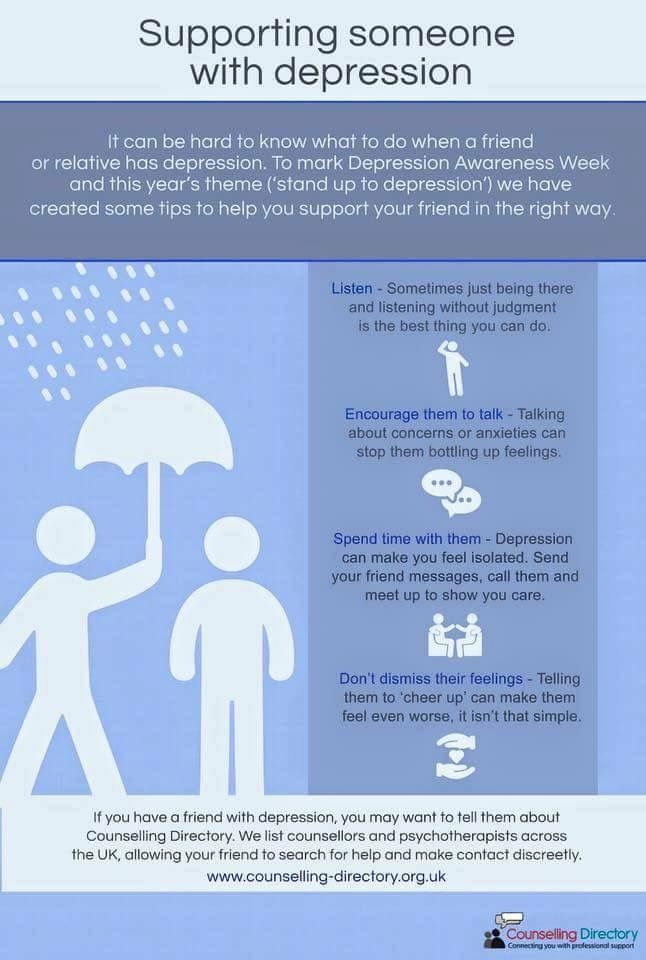How to get over the fear of growing up
How To Deal With The Fear Of Growing Up
16 shares
THIS POST MAY CONTAIN AFFILIATE LINKS. PLEASE SEE MY DISCLOSURES FOR MORE INFORMATION
Most of us have experienced, at one point or another in our lives, the desire to run away to Neverland so that we can stay with Peter Pan and his lost boys, without having to ever grow up.
Many of us have also tried, as children, to brew some sort of magical potion that will keep us as children forever, so that we don’t have to become an adult.
This is completely understandable, growing up and becoming an adult is scary.
Your life changes and the world suddenly becomes much harder because you are in charge of yourself, with all the responsibilities that it entails.
How can we deal with the fear of growing up?
On a basic level, the fear of growing up is equal to a fear of the unknown.
It is also a fear of things going badly, or of not living up to the expectations you have set up for yourself.
For some, this fear of growing up can be very severe, so it is important to develop coping mechanisms and to understand where it stems from.
At the end of the day, growing up is inevitable.
Time is unforgivable and does not stop just because you wish it.
You will eventually grow up and will be faced with all of those fears.
The good news is that reality is never as bad as fear makes it out to be.
You will survive. You will make it through. You will grow up, but you will be okay.
In this post we’ll go over some more ways you can use to help you overcome the dear of growing up.
Table of Contents
Why Do People Fear Growing Up?
The fear of growing up is a lot more common than we might think and is completely normal.
In fact, as it is so closely related to a fear of the unknown, it’s practically in our basic instincts to be afraid of what might come from the future and of our lives once we’ve grown up.
One of the main reasons for which the fear of growing up is so common is that growing up signifies change.
And not just small changes, but big life-altering changes that can impact the course of your life.
It’s a pretty big deal.
For many, growing up means getting separated from the familiar sense of security that comes from living at home or with your family, where everything is taken care of and is easy.
Moving away from the safety of your home and family means facing the world alone, and that’s pretty scary.
It signifies having to face the world with your own skills and resources, and with how tough the world is, there are many things that can go wrong.
This is why it’s completely normal to be afraid and to develop anxiety around the idea of it.
- Read now: Click here to learn 15 tips to improve your self confidence
The prospect of navigating an adult world can also be deeply unsettling because many feel unprepared for it or incapable of achieving success within it.
You are suddenly faced with concepts you don’t quite understand.
Like complicated procedures and errands that you haven’t been fully taught, and many responsibilities that can become overwhelming.
Overcoming Your Fear
In many ways, you have already overcome your fear of growing up.
You might be confused about this, but look at it this way.
You’ve already grown up, and you are still growing up, day after day.
Things now are different from say, three years ago. There has always been some sort of change happening in your life.
However, we understand that growing up and entering an adult world, is an even bigger change.
So how can you overcome this fear?
The first thing you need to understand is that this fear never fully goes away.
This isn’t a bad thing.
In fact, fear is a vital mechanism that humans have developed to improve the chances of survival.
Fear is a warning signal inside our brains, to let us know that we have to prepare for something.
Instead of letting the fear paralyze you, take is as that warning sign.
Acknowledge your fear of growing up, and take it as a chance to prepare yourself so that you can overcome that fear.
If you feel prepared for those changes, they won’t look as scary, and you will feel a lot more prepared.
Coping Mechanisms For Growing Up
The best way to overcome or cope with your fear of growing up is to use that fear as the push you need to start preparing yourself for the many changes that will come.
If you work towards that change of growing up, instead of hiding from it or avoiding any thoughts about it, it will stop being such an unknown.
Instead it will become a transitioning period in which you adapt to new circumstances and actively pursue the course that your life will take.
- Read now: Click here to see how your life is all about the choices you make
This active approach to change puts you in command of your situation.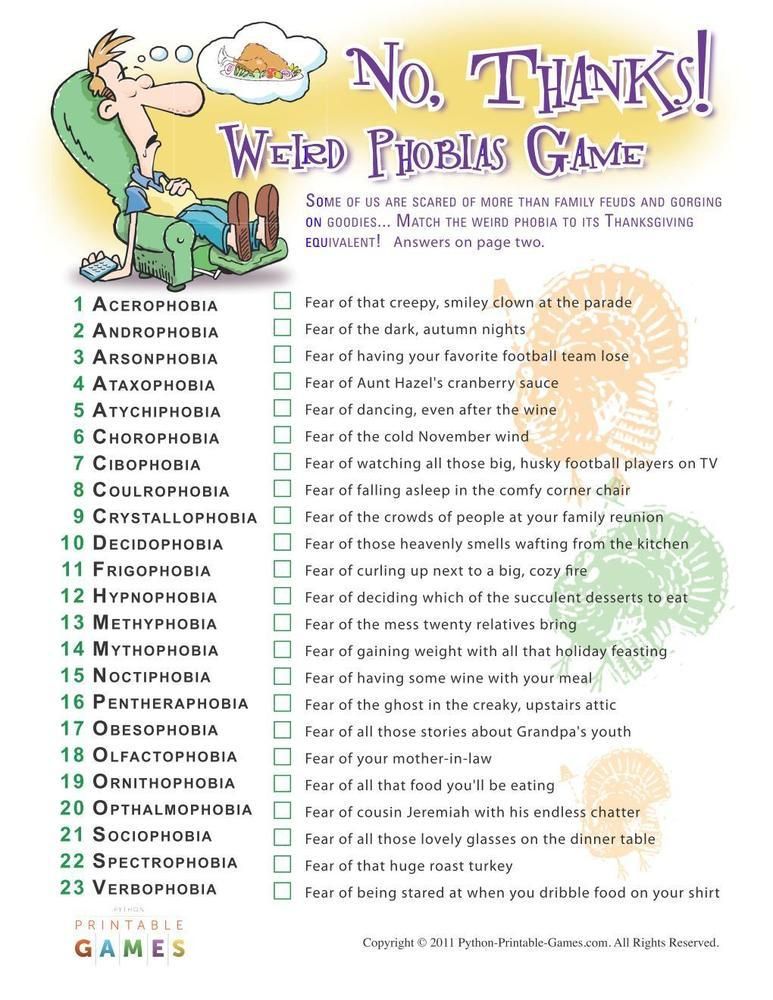
And with fewer things left up to doubts and chance, you will feel a lot more secure.
A good exercise to do is to make a list of the things you are looking forward to when you grow up and your life changes.
You can also make a list of the things you want to accomplish, and start setting out plans or stepping stones for the journey ahead.
- Read now: Click here to learn how to achieve your goals
It is important to balance out the fear with excitement for positive and good things that change will bring.
Growing up brings about a lot of problems and difficulties.
But it also comes with a lot of positive new things that you will have access to, so try focusing on that!
Another thing you can do as a coping mechanism is to determine the things that won’t change.
It’s good to have a strong and secure base to fall back on.
Which are things that will stay the same no matter what the future brings?
Perhaps it is your family, and the love and support your parents will always give you, no matter what.
Perhaps it is a stuffed toy that you can always take with you, as a reminder that the past is not lost.
It is simply a bit further away because you’re moving to new phases in your life.
- Read now: See how the Johari Window helps with self awareness
Growing up shouldn’t be about losing something, but gaining many new things.
Final Thoughts
Fear of growing up is far more common than we think, and it is a completely normal reaction to change and an uncertain future.
It is that sense of the unknown, and the expectation of hardship and difficulties, that makes leaving the security and safety of childhood very hard.
However, it is important to take an active approach to growing up.
This make the doubts turn into projects, and you are placed in command of the changes as they take place.
Always remember that although growing up can be scary, it also brings about many exciting prospects in life.
And many new chances that you didn’t have access to before!
16 shares
Why Are People Afraid to Grow Up?
Why Are People Afraid to Grow Up?
In a previous blog, “Living Life as an Authentic Adult,” I briefly described the reasons why so many people operate as children emotionally and refuse to grow up.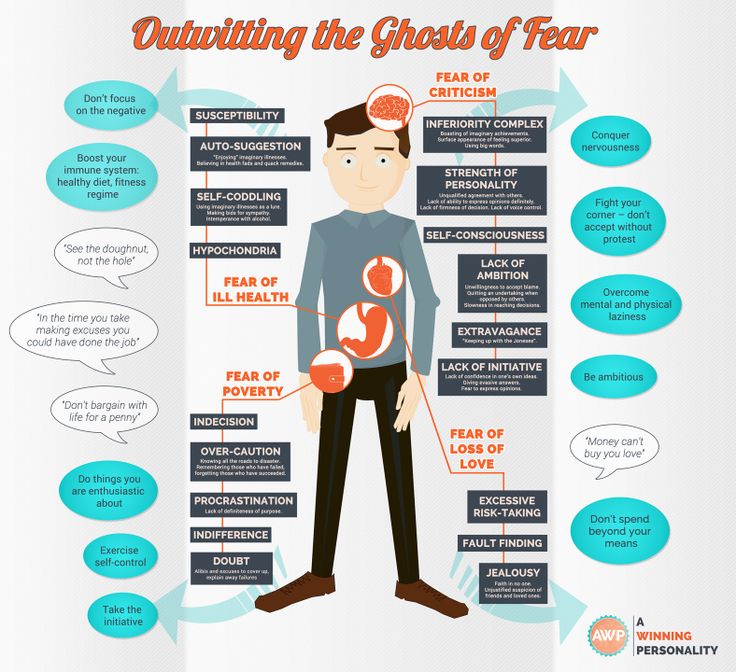 I discussed how, to varying degrees, individuals are restricted in their ability to function in an adult mode because of “unresolved childhood trauma and the defenses they form to relieve emotional pain and existential dread.” In this blog, I explore the psychodynamics underlying the tendency to hold onto a child’s perspective despite the emotional turmoil, maladaptation and unhappiness it creates.
I discussed how, to varying degrees, individuals are restricted in their ability to function in an adult mode because of “unresolved childhood trauma and the defenses they form to relieve emotional pain and existential dread.” In this blog, I explore the psychodynamics underlying the tendency to hold onto a child’s perspective despite the emotional turmoil, maladaptation and unhappiness it creates.
The principle barriers to living an adult existence are the fears associated with becoming adult. There are five major aspects to the fear of growing up:
1. Symbolic separation from parents and other individuals who have offered some sense of security. This occurs as we mature, form a new and different identity, choose our own path in life and establish new relationships. These types of separation experiences can arouse a sense of loss related and fear. When we are anxious or frightened, we tend to reconnect to dependency bonds.
2. Preference for fantasy as a defense mechanism over reality considerations. Painful events in childhood often lead to suppression, dissociation and varying degrees of retreat into fantasy processes. These habit patterns become addictive and long lasting.
Painful events in childhood often lead to suppression, dissociation and varying degrees of retreat into fantasy processes. These habit patterns become addictive and long lasting.
3. The threat of feeling one’s aloneness. Knowing ourselves as independent, authentic adults makes us acutely aware of painful existential issues. In addition, there is a fear of being different or standing out from the crowd. This is related to the primitive evolutionarily based threat of being separated or ostracized from the tribe, which is emotionally equivalent to being left to die.
4. Adults have more responsibilities for self and others. In general, adults carry a heavier dependency load, as they are looked to for direction, support and actual parenting. This makes them more cognizant of the fact that their own unresolved dependency needs from childhood will remain unfulfilled.
5. Death anxiety. Death fears are triggered by both negative and positive events. As people sense time passing, are confronted with sickness, frustrations in life and reminders of death, they fear about their mortality. Paradoxically, as men and women give special value to their lives, experience unusual successes, and find new and unique gratifications, they tend to suffer more death anxiety. The more we value life, the more we have to lose in death.
Paradoxically, as men and women give special value to their lives, experience unusual successes, and find new and unique gratifications, they tend to suffer more death anxiety. The more we value life, the more we have to lose in death.
Generally speaking, most people retreat from being fully alive adults in order to avoid reawakening the unconscious, as well as conscious, feelings of terror surrounding death. Indeed, systematic research indicates that people respond to the fear of personal mortality at a subliminal level yet modify their lives accordingly, often without any awareness of their death anxiety.
Sometime between the ages of 3 and 7, children first realize the fact that they will eventually die. They handle this crisis by repressing the loneliness, hopelessness, rage and terror surrounding the evolving awareness of their finite existence. They institute numerous defenses to surpress and deny the reality of death and form fantasies of fusion in an effort to insure that the unconscious pain and dread will not resurface.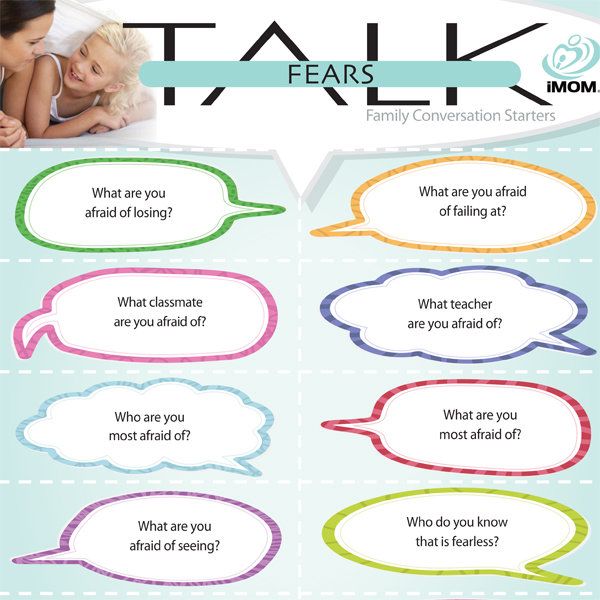 Once the child suppresses the fear of death, certain events in life arouse or intensify it, whereas other circumstances and defenses relieve it. The defenses that ameliorate or quiet death anxiety act as a major interference to becoming an authentic adult.
Once the child suppresses the fear of death, certain events in life arouse or intensify it, whereas other circumstances and defenses relieve it. The defenses that ameliorate or quiet death anxiety act as a major interference to becoming an authentic adult.
Defenses that reduce death anxiety but act as a barrier to personal growth and maturity.
The Fantasy Bond: The core defense is the fantasy bond, originally an imagined connection with one’s parents, that offers a modicum of safety and security. Early in life, children form this illusion to compensate for personal trauma, i.e. to reduce feelings of emotional hunger and frustration brought about by deprivation, rejection, separation and loss. Later, these same fantasy connections are transferred to new relationships, groups and causes. Because of this propensity to cling to unreasonable dependency ties, people tend to remain fixated at a child’s level of functioning. They project negative aspects of the attachment with their parents onto current situations often recreating their early trauma in the present day. The extent to which people come to rely on fantasies of fusion while reliving the past is proportional to the degree of psychological pain they experienced in childhood. People excessively involved in fantasy bonds tend to be overly dependent on others, progressively maladaptive and fail to function successfully as adults.
The extent to which people come to rely on fantasies of fusion while reliving the past is proportional to the degree of psychological pain they experienced in childhood. People excessively involved in fantasy bonds tend to be overly dependent on others, progressively maladaptive and fail to function successfully as adults.
Under conditions of stress, when parents are largely mis-attuned or punitive, children cease identifying with themselves as the helpless child, identify with the powerful, punishing parent and take on those negative traits as their own. In other words, they incorporate their parents at their worst not as they are typically, and find safety in thinking, acting and feeling like their parents. To preserve this imagined connection, one must retain a sense of sameness and avoid differentiation. People feel frightened to both move away from the merged identity with their parents and to break with any negative identity they acquired in their families.
During this process of incorporation, when children feel overwhelmed by fear, they fragment into both the parent and the child. As they grow older, they continue to treat themselves much as they were treated, both nourishing and punishing themselves in the same manner their parents did. The result is that people tend to vacillate between the parental and childish state, both of which are immature. Consequently, they spend only a small portion of their time in the adult mode.
As they grow older, they continue to treat themselves much as they were treated, both nourishing and punishing themselves in the same manner their parents did. The result is that people tend to vacillate between the parental and childish state, both of which are immature. Consequently, they spend only a small portion of their time in the adult mode.
Literal and symbolic denial of death: The fear of death drives people to form belief systems and worldviews that deny existential realities by offering literal or symbolic immortality. In Beyond Death Anxiety: Achieving Life-Affirming Death Awareness, I described literal immortality as manifested “in beliefs in an after-life or reincarnation, which have a calming effect on unconscious death anxiety.” People who approach life from a child’s perspective often extend the fantasized connection with their all-powerful parents to various religious belief systems and share with fellow believers the magical conclusion that there is a God in the heavens acting as a parental figure who rewards and punishes them. They are truly God’s children.
They are truly God’s children.
Symbolic immortality is manifested in the imagination that one can live on through one’s works, through the accumulation of power and wealth, or through one’s children. However, children are capable of relieving their parents’ death anxiety only if they make similar choices, entertain the same political and religious beliefs, and exhibit similar personality traits. Many parents attempt to defend themselves by molding a child in their image, insisting on sameness and discouraging their child’s unique interests and goals.
Vanity: People who exist in a child mode often possess an exaggerated positive image of themselves in certain areas. This sense of being special offers a kind of magical thinking that denies their vulnerability to death. On an unconscious level, they believe that death happens to someone else, never to them. They retain an image of invincibility and omnipotence, which served as a survival mechanism in early childhood, and utilize it whenever they become anxious regarding their mortality.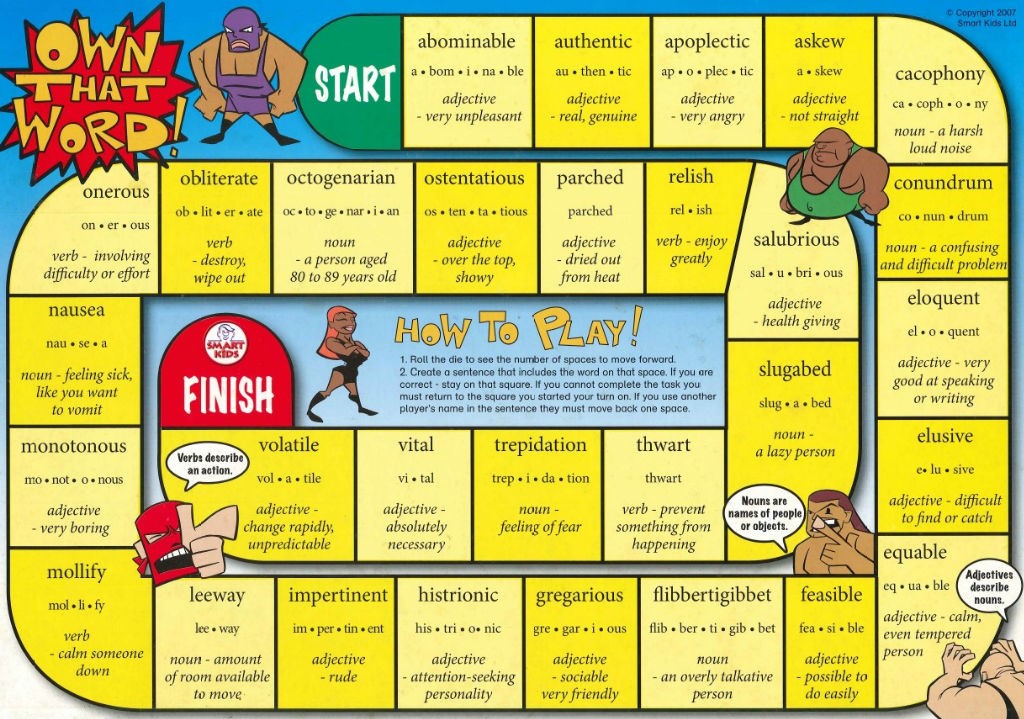 The trouble is that vanity and narcissism set people up for painful experiences of disillusionment and rejection. Attempting to maintain a superior image causes them a good deal of unnecessary stress and anxiety.
The trouble is that vanity and narcissism set people up for painful experiences of disillusionment and rejection. Attempting to maintain a superior image causes them a good deal of unnecessary stress and anxiety.
Preoccupation with trivial issues and problems: The certainty of death can lead to a basic paranoia that many people project onto other aspects of life that do not warrant an intense reaction of helplessness and powerlessness. People distract themselves with everyday problems and trivial events to which they over react with anger, fear and panic. When preoccupied in this way, they are able to shut out feelings about life and death concerns but at the expense of feeling childish and powerless.
Microsuicide: Microsuicide refers to a myriad of defenses that interfere with the attainment of emotional maturity by accommodating to death anxiety through attacking or limiting oneself. In trying to exert control over their fate, people narrow their experience and gratification thereby giving up important aspects of living, including meaningful relationships, mature sexuality and significant priorities and goals. In retaining attitudes of progressive self-denial and self-hatred along with maintaining addictions, dangerous risk-taking behaviors and other self-defeating habit patterns, people shut out pain and create a false sense of omnipotence with respect to the reality of death. By diminishing their lives, they have less to lose in dying. However, in their retreat, they tend to experience painful feelings of existential guilt about their self-betrayal and feel regret for a life not fully lived.
In retaining attitudes of progressive self-denial and self-hatred along with maintaining addictions, dangerous risk-taking behaviors and other self-defeating habit patterns, people shut out pain and create a false sense of omnipotence with respect to the reality of death. By diminishing their lives, they have less to lose in dying. However, in their retreat, they tend to experience painful feelings of existential guilt about their self-betrayal and feel regret for a life not fully lived.
In Conclusion
Fear, especially the fear of death, constitutes the ultimate resistance to a fulfilling and successful life. Living as mature adults with a minimum of the defenses described in this blog, leaves people acutely aware of their aloneness and of the uncertainty and ambiguity of life. At the same time, it offers virtually unlimited possibilities for personal gratification and self-expression, and is well worth fighting for.
People can aspire to developing a mature approach to life and move toward a more satisfying and freer existence. This subject will be addressed in my next blog.
This subject will be addressed in my next blog.
Learn about Dr. Robert Firestone’s book The Self under Siege: A Therapeutic Model for Differentiation
About the Author
Related Articles
Tags: adult, growing up, living as an adult, personal growth, separation anxiety
what is caused and how to get rid of it?
For most people, childhood is associated with safety, because there are parents nearby who are ready to help at any moment. In addition, children usually have much less requirements than adults, their life seems fun and carefree. Growing up is perceived as something frightening. Some people are afraid to go into adulthood because of the unknown difficulties waiting for them there, so they prefer to remain children, deliberately showing infantilism. nine0003
Why do people not want to grow up?
The desire to remain a child can be associated with many different factors, but the most common reasons are:
1.
 New duties and levels of responsibility
New duties and levels of responsibility The transition to adulthood implies that a person must take on new obligations. Providing for personal needs, finding a job, relationships, caring for loved ones and much more. If a person is not experienced in dealing with such problems, they can be a source of great stress and anxiety. nine0003
2. Fear of failure
When you enter adulthood, there is no guarantee that all your goals will be achieved. Your career may not turn out the way you want. Or a relationship that looks romantic in your dreams can end up being a complete disappointment. Therefore, the desire to remain a child who does not need to worry about serious problems seems tempting to many.
3. Fear of being alone
In childhood, people are rarely left alone. Near them, there are almost always relatives who are ready to take care of them or captivate them with something interesting. Adult life is often associated with loneliness. A person must make decisions and cope with difficulties. The fear of being alone makes some people act infantile, deliberately delaying the moment of growing up. nine0003
The fear of being alone makes some people act infantile, deliberately delaying the moment of growing up. nine0003
4. Social stigmatization of age
Another common reason why people refuse to grow up is the social stereotypes associated with this process. Many people extol youth by putting a negative light on things associated with adulthood. For example, adults cannot have fun like children, they must take everything seriously. Or that the lot of an adult is only to work and pay bills.
How to overcome the fears associated with the process of growing up? nine0005
1. Find the positive aspects of adulthood
Adult life is not only about obligations, bills and serious problems. Each stage of human life has its own advantages. In order to feel happy at any age, it is important to be able to find these positive aspects. New acquaintances and achievements, more freedom, a lot of discoveries and impressions - adulthood has many exciting things to offer.
2. Maintain a healthy youthful enthusiasm
Reaching a certain age does not mean that you can no longer have fun or sometimes indulge in childish spontaneity. The main thing is to understand when such behavior is permissible, and when it is better to remain serious. Keeping youthful enthusiasm can make life much brighter and richer, help you overcome difficulties and achieve ambitious goals.
3. Learn to enjoy development and growth
One of the benefits of growing up is the opportunity to develop and observe your own progress. We, like the world around us, are constantly changing. To prevent these continuous changes from being a source of stress, it is important to learn to enjoy the process of personal growth. Pleasant sensations from achieving your goals, mastering and honing your desired skills, implementing large-scale projects - adult life opens up many opportunities for self-realization and unlocking your potential. nine0003
4. Accept the fact that you will become an adult
Growing up is a natural process that you cannot stop (at least with today's level of technology). You can continue to live in your infantile dreams. Or accept life as it is and learn to enjoy every step of it.
Here, as in everything else, balance is important. You don’t need to grow up ahead of time, but you shouldn’t delay this process either. You can always keep a share of childish spontaneity, but at the same time enjoy the process of growing up and what it has to offer you. nine0003
I don't want to grow up | PSYCHOLOGIES
38,224
Know Yourself
Charming Peter Pan, the hero of James Barry's book of the same name, also refused to grow up, dismissing the very possibility of ever becoming a man. American psychologist Dan Kiley called this behavior of men and women “Peter Pan syndrome”.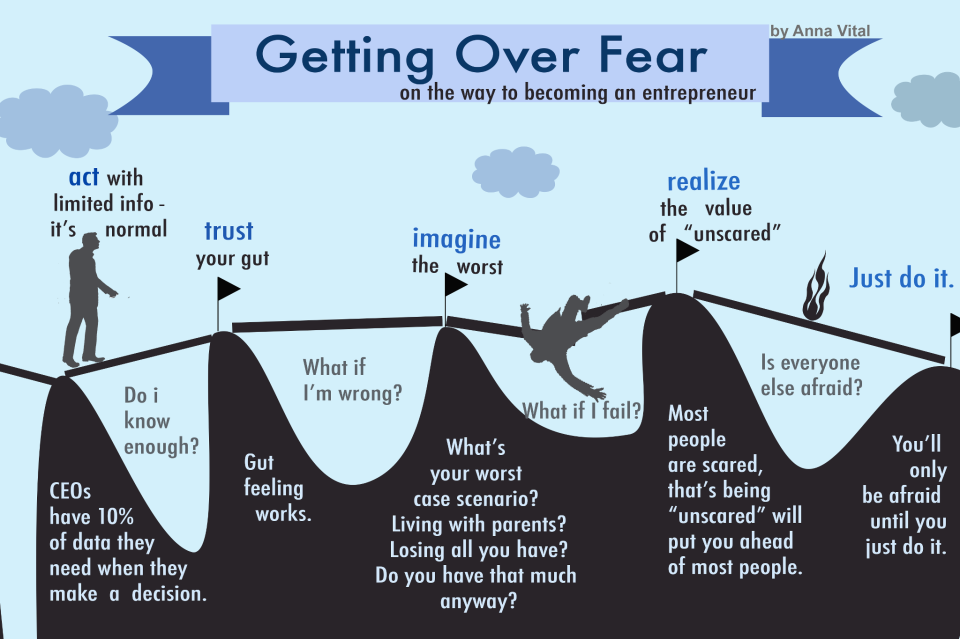 His main symptoms are: irresponsibility, unwillingness to admit his mistakes, the demand for love, but the inability to give it himself, and excessively strong emotions. Dissatisfaction appears as anger, joy as hysteria, and disappointment as deep sadness. nine0003
His main symptoms are: irresponsibility, unwillingness to admit his mistakes, the demand for love, but the inability to give it himself, and excessively strong emotions. Dissatisfaction appears as anger, joy as hysteria, and disappointment as deep sadness. nine0003
"Peter Pan" is largely dependent on his mother: his attitude towards her consists of irritation mixed with guilt. He is also dependent on his father, whom he idealizes, but does not hope to earn his love. Perhaps he grew up in a family where the mother showed excessive care, and the father, on the contrary, paid little attention to the child.
Fear of responsibility
“To become an adult means not only to stop growing physically,” says psychologist Sergey Stepanov, “but also to lose some spontaneity, to admit that life is not always like a fascinating fairy tale, it is sometimes boring and requires effort. But some of us value lightheartedness above all else.” nine0003
“Emotionally, and often financially, they depend on other family members,” agrees family therapist Lucy Mikaelian, “which often hides a deep fear of responsibility for themselves and other people.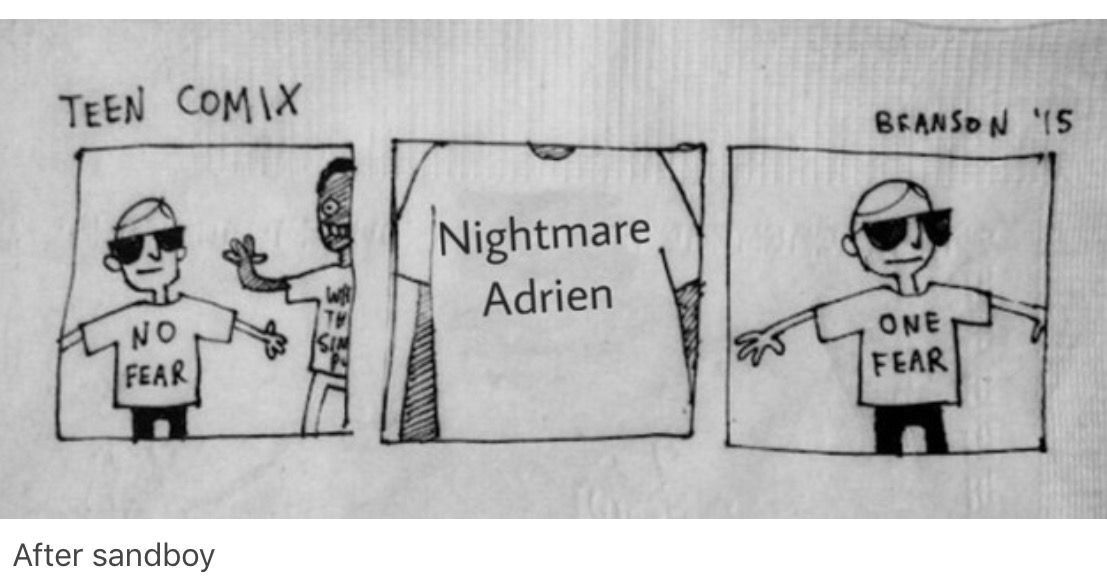 It can be so strong that a person, like Peter Pan, will struggle to delay his growing up, prefer to stay in a dream world than live in the real world.
It can be so strong that a person, like Peter Pan, will struggle to delay his growing up, prefer to stay in a dream world than live in the real world.
Such people are also called adult children, or kidults (kidult - from the English kid - child and adult - adult). Adult children behave like irresponsible teenagers, trying to prolong the state of adolescence indefinitely. 35-year-old Alexander compares himself with the hero of the film "The Irony of Fate ..." Zhenya Lukashin: "Like him, I still live with my parents, I bring my friends to their house. It’s so convenient for me, because my mother solves all household problems. And I don't plan to move in the near future." nine0003
Modern Peter Pans tend to delay marriage; under various pretexts, they may not get a job for a long time, and all because they are not ready to take responsibility. Such a distorted-infantile attitude to life is involuntarily adopted by their children: it is difficult to become a self-sufficient, self-confident person if there is a seductive example next to you that this can not be done.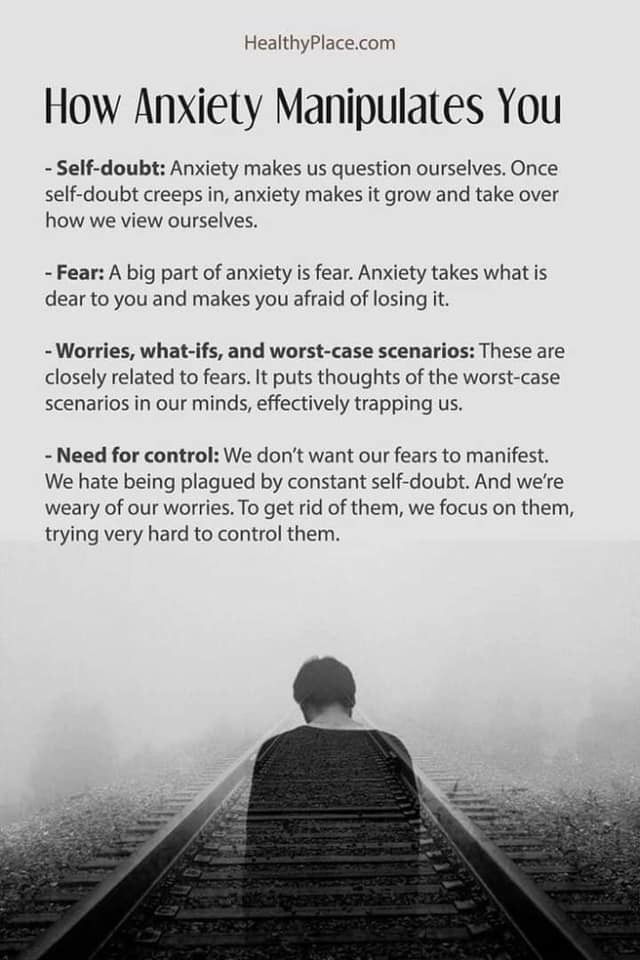
“I am learning to manage my life”
Aleksandra, 46 years old, engineer
“For the last twenty years I have lived as if I were still eighteen: I dressed the same as my daughters, rarely and almost by force forced myself to cook something, forgot about my promises. Shopping, resting children, controlling family expenses - all this was on the shoulders of my husband ... until he announced that he was tired of patronizing me and offered to leave. I was shocked, because everything in my life suited me. I did not want to lose my family and, not knowing what was wrong with me, I asked for help. Meetings with a psychotherapist helped me realize that, in fact, I refused to grow up. My husband and I still did not divorce, and now I am learning to take responsibility for myself and independently manage my life. nine0003
Nostalgia for childhood
“My 16-year-old daughter reproaches me for continuing to behave like a teenager and in a sense occupying her territory,” admits 44-year-old Elena.
“Many of those who cannot grow up in any way are also afraid of losing the attention of others,” explains psychoanalyst Catherine Jaconelli. “And the reason for this fear lies in their own early childhood. It seems to them a heavenly time in which they were happy.
Idealizing a time when every desire, every need of a child was immediately satisfied by adults, they are afraid to lose forever this feeling of their own omnipotence. nine0003
What to do?
Stop hiding
First, try not to deceive yourself: try to look at life more realistically, instead of running into the world of childhood dreams at the slightest encounter with difficulties. Try to solve emerging problems without putting them off indefinitely.
Assess your strength
Make a table: in one column, write the deeds and actions that you have committed, not being afraid to take responsibility, in the other - what you cannot decide on yet. Comparing these lists will help you understand what is difficult for you and what you can do. Such introspection will allow you to free yourself from infantilism, in the captivity of which you are currently. nine0003
Such introspection will allow you to free yourself from infantilism, in the captivity of which you are currently. nine0003
Get started
Don't wait for the right moment, start now! Do not aim at big things, focus on less grandiose, but quite realizable tasks. Do not be afraid to seek the advice of a psychotherapist: he will help you understand and overcome fear.
Advice for those around you
Are you annoyed that he acts like a perpetual teenager? Are you outraged that you always have to do everything for him and decide for you? Even in this case, try to still avoid a head-on collision. Your irritation will only make the situation worse. After all, faced with your aggressive reaction, a person will feel like a victim and will find many more reasons to do nothing. nine0003
Keep your distance from him. Start by refusing to play by his rules and don't take on his obligations. Let him tactfully understand that this cannot go on any longer, because his teenage behavior is harming not only him, but also you.
